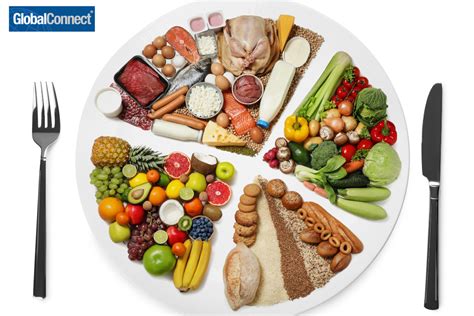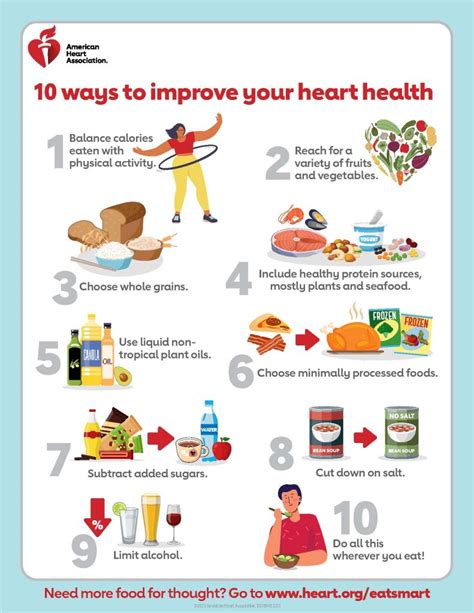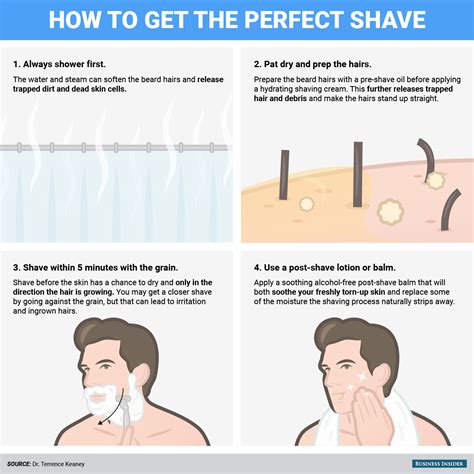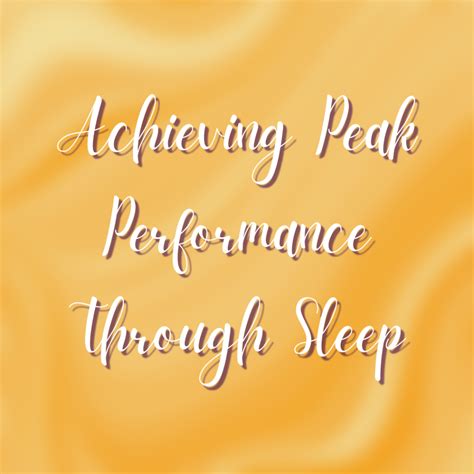How can men naturally increase testosterone for strength & vitality?

Testosterone, the primary male sex hormone, plays a crucial role not only in reproductive health but also in muscle growth, bone density, mood, energy levels, and overall vitality. While its levels naturally decline with age, modern lifestyles can accelerate this process. Fortunately, men have several powerful, natural avenues to optimize their testosterone production, leading to enhanced strength, improved mood, and sustained energy.

The Power of Exercise: Lift, Sprint, and Move
Physical activity is perhaps the most direct natural stimulant for testosterone. However, not all exercise is created equal when it comes to hormonal optimization.
Strength Training
Compound lifts that engage multiple muscle groups – think squats, deadlifts, bench presses, and overhead presses – are highly effective. Aim for moderate to heavy weights with 3-6 sets of 6-12 repetitions. Consistency is key, with 3-4 sessions per week allowing for adequate recovery.
High-Intensity Interval Training (HIIT)
Short bursts of intense exercise followed by brief recovery periods have also been shown to elevate testosterone. Activities like sprint cycling, running, or rowing for 15-20 minutes, including warm-up and cool-down, can be very beneficial.
Avoid chronic, excessive endurance training, such as long-distance running, as it can sometimes have the opposite effect by increasing cortisol (a stress hormone) which can suppress testosterone.

Nutrition: Fueling Your Hormones
What you eat directly impacts your body’s ability to produce hormones. A balanced and nutrient-dense diet is paramount.
Healthy Fats
Cholesterol is a precursor to testosterone, so consuming adequate amounts of healthy fats is essential. Include sources like avocados, nuts, seeds, olive oil, fatty fish (salmon, mackerel), and eggs. Don’t fear saturated fats from natural sources in moderation, like red meat or coconut oil, as they also play a role.
Protein Intake
Sufficient protein is vital for muscle repair and growth, which indirectly supports testosterone levels. Aim for lean protein sources such as chicken, turkey, fish, lean beef, and plant-based options like lentils and beans.
Micronutrients: Zinc and Vitamin D
- Zinc: This mineral is crucial for testosterone production. Good sources include oysters, red meat, poultry, beans, nuts, and dairy.
- Vitamin D: Often called the “sunshine vitamin,” Vitamin D acts like a steroid hormone in the body. Low levels are associated with lower testosterone. Aim for regular sun exposure, especially in warmer months, or consider a high-quality supplement, especially in regions with limited sunlight.
Limit processed foods, excessive sugar, and refined carbohydrates, as these can lead to insulin resistance and inflammation, both detrimental to hormone balance.

Prioritize Quality Sleep
Sleep is a non-negotiable component of hormone regulation. During deep sleep, the body performs crucial repair and recovery processes, including the production of testosterone. Chronic sleep deprivation can significantly lower testosterone levels.
Aim for 7-9 hours of high-quality sleep per night. Establish a consistent sleep schedule, create a dark, cool, and quiet bedroom environment, and avoid screens before bedtime to optimize melatonin production.

Manage Stress Effectively
Chronic stress elevates cortisol levels. Cortisol and testosterone have an inverse relationship; when cortisol goes up, testosterone tends to go down. This is because the body prioritizes stress response over reproductive functions.
Incorporate stress-reducing practices into your daily routine. This could include meditation, yoga, deep breathing exercises, spending time in nature, engaging in hobbies, or even just regular social interaction. Identifying and addressing sources of chronic stress is fundamental.

Lifestyle Adjustments for Optimal Hormones
- Limit Alcohol Intake: Excessive alcohol consumption can negatively impact testosterone production and liver function.
- Avoid Endocrine Disruptors: Certain chemicals found in plastics (BPA), pesticides, and personal care products can mimic hormones and interfere with natural testosterone production. Choose organic foods when possible, use glass containers, and opt for natural personal care items.
- Maintain a Healthy Weight: Obesity, especially abdominal fat, can increase estrogen levels and lower testosterone. Losing excess weight can significantly improve hormone balance.
Conclusion
Naturally increasing testosterone is not about a quick fix but rather a holistic commitment to a healthy lifestyle. By consistently incorporating strength training and HIIT, optimizing your nutrition with healthy fats and essential micronutrients, prioritizing deep sleep, and effectively managing stress, men can unlock their body’s potential to produce optimal testosterone levels. This integrated approach not only boosts strength and vitality but also contributes to overall well-being, mood, and cognitive function, empowering you to live a more vibrant and energetic life.







